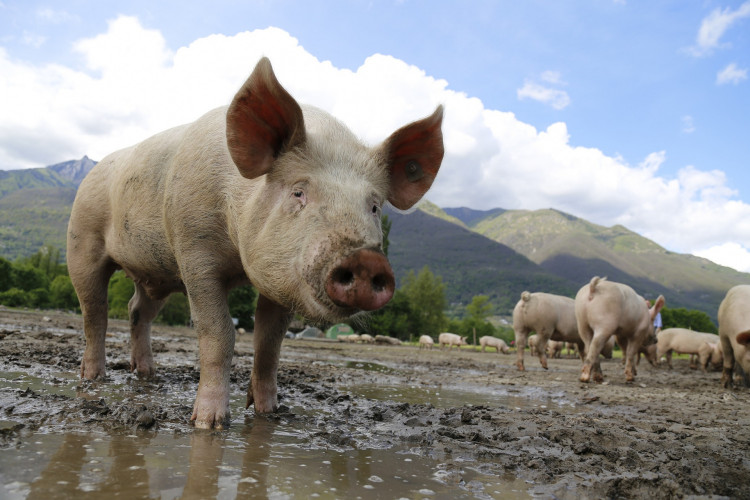China imposed a ban on swine products coming from Belgium and Japan. The United States might halt all pig and hog imports as the virus spreads.
Chinese General Admissions of Customs reported that they are banning pig and hog products from Japan and China following its banning of the same products coming from Bulgaria. China's northeastern province of Liaoning reported a second outbreak of the highly spreading disease.
China is known as the world's leading pig producer and reports of the African swine fever outbreaks circulated since early August. The country implemented bans of the products from regions and their neighboring province reported to be infected with the virus.
In connection, U.S. hog farmers are closely speculating as the virus spreads over China and Western Europe. There were no reports of an outbreak in the U.S. but the global outbreak of the virus already affects the prices of hog products in Minnesota and Iowa.
Prices of hogs in the market fell in August at about $40 below the standard market price. Then, news emerged that the virus has started spreading in China followed by a slight increase in product price above the standard market price over a month. US farmers predict that prices will keep on rising as the virus continuously spreads over China and as China looks to import more pork in the coming months.
The hope China might increase import and the renewed trade agreement with Japan brought relief serrate to U.S. farmers. However, the farmers are also scared that the virus might spread over America. Montserrat Torremorell, a professor in the College of Veterinary Medicine at the University of Minnesota, said that it's a real concern for everybody in the United States. He added that, for many years, it's been restricted and it seemed like the virus was going nowhere, but then, in the past five years there have been these new introductions.
According to the World Organization for Animal Health, the virus will not hurt humans but it causes internal bleeding and organ failure to pigs and hogs. It was reported by the organization that the disease resides in warthogs and it is being spread to domesticated pigs by ticks. Mr. Torremorell said that people have been trying to produce a vaccine for quite a long time but they did not have much luck in producing one.
Chris Hodges, chief executive of the National Pork Board in Des Moines, said that while hog confinement in the United States is being practiced with rigorous biosecurity, there are still weak points in the nations Defences against the disease.





